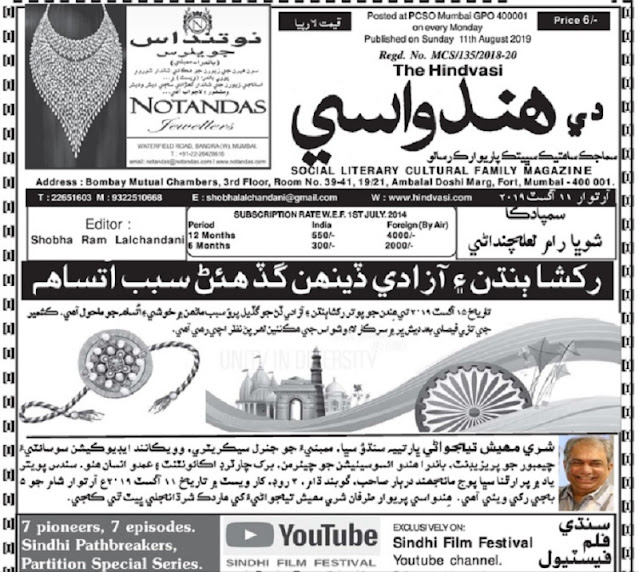When Does A Novel Begin: David Lodge's The Art Of Fiction
Yet it seems that a lot of things regarding novel have not been discussed and they require further deep study, in this regards British novelist and critic David Lodge started a series of columns in The Independent and others publications in 1991-92, in which he discussed many aspects of a novel. Later on Penguin Group published those essays in book form named "The Art of Fiction". This book contains 260 pages approximately and while I was reading it, the book opened new horizons of fiction for me.
In this book, David raises this important question: "when does a novel begin?" and in answer to this serious question Lodge writes:
"The question is almost as difficult to answer as the question, when does the human embryo become person? Certainly the creation of a novel rarely begins with the penning or typing of its first words. Most writers do some preliminary work, if it is only in their heads.... For the readers, however, the novel always begins with that opening sentence (which may not be the first sentence the novelist originally wrote). And then the next sentence , and then the sentence after that...When does the beginning of a novel end, is another difficult question to answer, is it the first paragraph, the first few pages or the first chapter? However, one defines it, the beginning of a novel is threshold, separating the real world we inhabit from the world the novelist has imagined."
Lodge describes narration of a story beautifully by writing: "The simplest way of telling a story is in the voice of of a storyteller, which may be the anonymous voice of folk-tale ("Once upon a time there was a beautiful princess") or the voice of the epic bard (e.g., Virgil's "Arms and the man I sing") or the confiding, companionable, sententious authorial voice of classic fiction from Henry Fielding to George Eliot.
George Eliot transforms the act of writing into a kind of speaking, a direct yet intimate address to the reader, inviting us "over the threshold" of the novel, and literally over the threshold of Jonathan Burge's workshop."
In answer to question why we read fiction? Lodge mentions: "We read fiction, after all, not just for the story, but to enlarge our knowledge and understanding of the world, and the authorial narrative method is particularly suited to incorporating this kind of encyclopedic knowledge and proverbial wisdom."
In chapter three of the book David describes importance of suspense in a novel and writes:
"Novels are narratives, and narrative, whatever its medium -words, film, strip-cartoon - holds the interest of an audience by raising questions in their minds, and delaying the answers. The
questions are broadly of two kinds, having to do with causality (e.g. whodunnit?) and temporality (e.g. what will happen next?) each exhibited in a very pure form by the classic detective story and the adventure story, respectively.
Suspense is an effect especially associated with the adventure story, and with the hybrid of detective story and adventure story known as the thriller. Such narratives are designed to put the hero or heroine repeatedly into situations of extreme jeopardy, thus exciting in the reader emotions of sympathetic fear and anxiety as to the outcome. Because suspense is particularly associated with popular forms of fiction it has often been despised, or at least demoted, by literary novelists of the modern period.
In Ulysses, for instance, James Joyce superimposed the banal and inconclusive events of a day in modern Dublin upon the heroic and satisfyingly closed story of Odysseus's return from the Trojan War, implying that reality is less exciting and more indeterminate than traditional fiction would have us believe. But there have been writers of stature, especially in the nineteenth century, who consciously borrowed the uspensecreating devices of popular fiction and turned them to their own purposes."
This fascinating book would certainly help you learn the real art of fiction, and it has given a new meaning to literary criticism.






Comments
Post a Comment